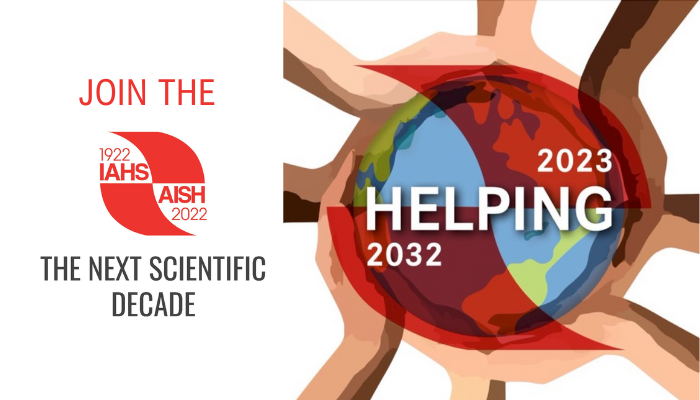
What are the most pressing research topics in the international community of hydrologists? What are people working on? And how can you become involved?
Many hydrologists, especially early career scientists, struggle to find answers to these questions.
That is where the scientific decades of the International Association of Hydrological Sciences (IAHS) come in. Specifically, its latest one – HELPING.
What are IAHS Scientific Decades?
Founded in 1922, the IAHS has been around for over a century. During this time, it’s been the mission of the organisation to help hydrologists across the world connect and enrich each other’s research.
The IAHS Scientific Decades aim to focus the collective research efforts of the hydrological community on specific questions. They help streamline scientific efforts and stimulate discussions between different hydrologists at a global scale.
It all started with PUB – the first scientific decade, launched in 2003 – which focused on the issue of making Predictions in Ungauged Basins. This was followed by the Panta Rhei decade, which launched in 2013. Its mission? To better understand change in hydrology and society and how the two interact.
After 10 years, Panta Rhei has now come to an end (check out our blog post about its closing event!) and its achievements have been summed up in a new book.
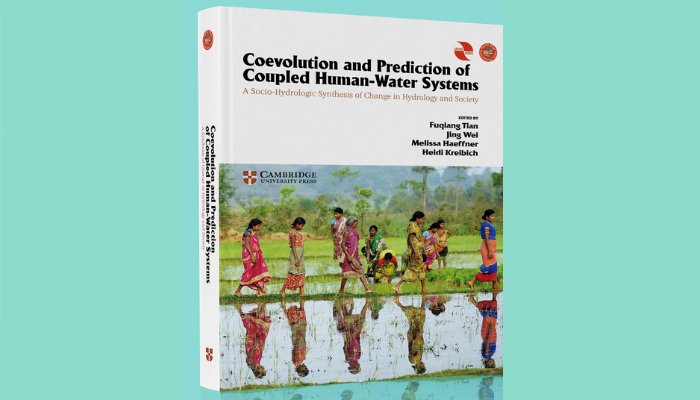
The synthesis book of the Panta Rhei decade, which was launched during the symposium in Potsdam. It is expected to be publicly available by the end of this year.
Now, in 2023, a new scientific decade was launched at the IUGG conference in Berlin in July: HELPING.
The new decade is currently finding its shape by community engagement, following a strategic planning approach led by the IAHS President and the management team.
What is HELPING?
HELPING is an acronym that stands for Hydrology Engaging Local People IN one Global world. It aims to be a Science for Water Solutions decade, with a focus on:
- Understanding the linkages between hydrological processes at local, regional, and global scales – and their interaction with water resources.
- Engaging with local communities and local scientists to learn from their experiences to better understand hydrological process. Then transferring the solutions created through this process to a global level.
- Finding holistic solutions to manage current crises and mitigating future ones. How? By snythesising hydrological understanding across the world.
Do you want a take a look at a more comprehensive mission statement? Check out the IAHS’ concept note that outlines the motivation, scientific focus, and structure behind the new scientific decade.
How did HELPING come to be?
The topic for the new scientific decade was decided after an intensive and participatory process across the IAHS. Any member could suggest topics in an online discussion and an in-person workshop was held in Cordoba, Spain, in February 2023. This was followed by online discussions about the concept note as well as a workshop in Vienna, Austria, in April.
Finally, the new decade was officially launched at the General Assembly of the International Union of Geodesy and Geophysics (IUGG), which took place in Berlin, Germany, from July 11 to 20.
On July 14, during the IAHS plenary, the decade was officially launched, including the logo, which was selected after voting in the logo design competition, where members brought in suggestions for the graphic that will be symbolising the science for water solutions decade over the next 10 years.
How can you get involved?
The best way to get involved in HELPING is by proposing or joining working groups here. Until 15 September, everyone can suggest a working group that will contribute to the scientific decade or sign up for a group that has already been proposed on the IAHS’ website.
Working groups are structured around three themes:
- HELPING with global and local interactions
- HELPING with holistic solutions for water security
- HELPING with cross-cutting goals
Theme leaders will soon be sought for in an open call with self-nominations during the autumn.
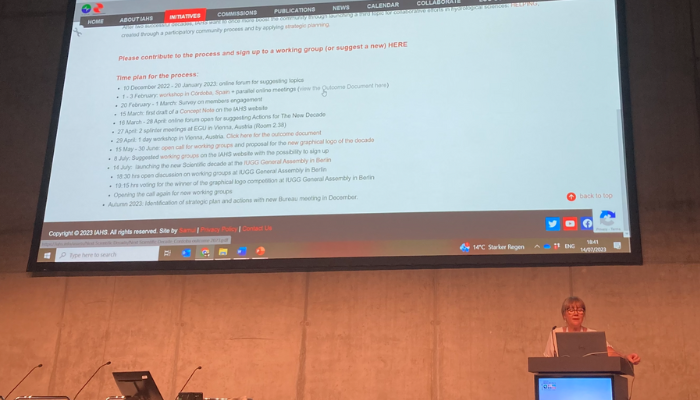
Prof. Berit Arheimer, president of IAHS, outlines the process of the working groups at the IUGG in Berlin.
To suggest a working group, you need to fill out a form outlining its goals, work strategy, and the methods you will be using. To join an existing working group, all you need to do is click a sign-up link and submit your information at the end of the proposal document.
The selection of working groups is already considerable – they range from integrating local and indigenous knowledge into our hydrological understanding to establishing a strategic UN collaboration group.
If you sign up, you’ll be invited to an online workshop during the autumn to consolidate the working groups and lay out your plan of action!
Outlook: Setting Sail for 10 Years of Focused, Collaborative Research
Looking back at the incredible achievements of the PUB and Panta Rhei scientific decades, it’s clear that HELPING will be a monumental initiative in the global hydrological community. Getting involved means integrating yourself into this community, and working towards a common objective. Take the leap and join HELPING today!

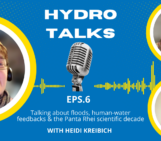
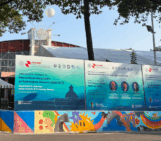
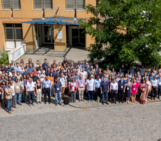
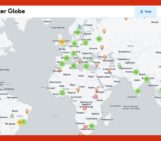
Akhil
Great overview of the scientific goals for the new decade of the International Association of Hydrological Sciences! As urban demand for high-quality drinking water grows, especially in cities like Hyderabad, it’s essential for both individuals and organizations to choose reliable hydration solutions. At Aiwe Waters, we specialise in bulk bottled water for parties and corporate events in Hyderabad, offering seamless supply and consistent quality for every occasion. Thanks for highlighting this important field.